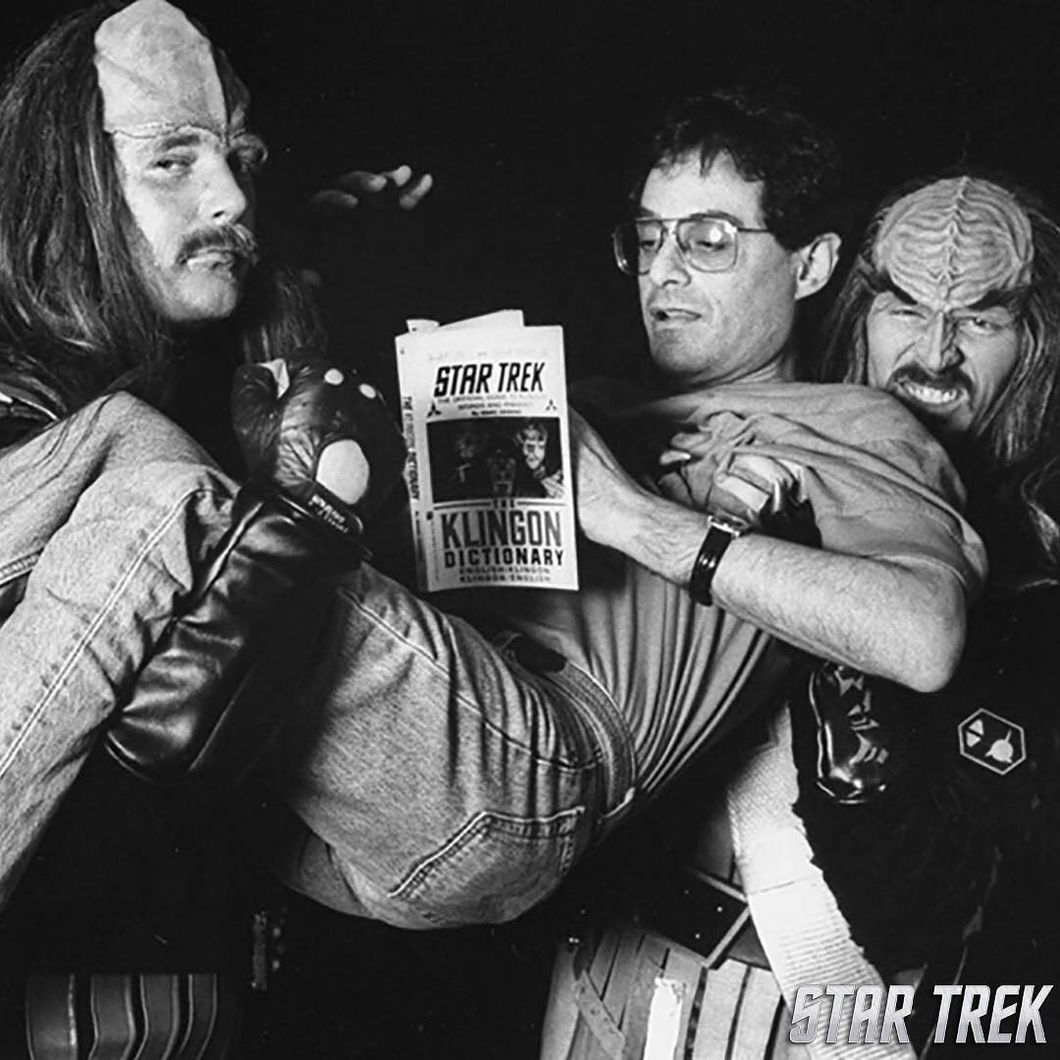So was I the only one unaware that an asteroid whizzed past the planet the other day? While NASA said it presented no danger, it was still closer to earth than the moon normally is. There was no concern for collision, which is a relief. I don't think all the action movies in the world could prepare me for an asteroid hitting the earth. Regardless, space rocks tumbling toward my home planet are instances I would like to be aware of.
Another space thing I'd like to keep a tab on: Mars. In the summer of 2020, two rovers from NASA are being sent up to drill into the planet. Why, do you ask? Well, we aren't mining for kryptonite, that's for sure.
No, next summer NASA intends to answer the age old question of "Is anyone out there?" That's right: NASA will be drilling into the planet Mars to look for living organisms. NASA's chief scientist, Dr. Jim Green, told The Telegraph that it could be likely that they find evidence of life on Mars. However, Dr. Green also expressed his concern that people wouldn't know how to react.
"I don't think we're prepared for the results," Green said. How could humanity not be prepared for those answers? It's a yes or no question we're trying to answer here. But I think I get it. I mean, if the answer is yes, that opens the door for a million other questions. Can we travel from planet to planet? How do civilizations differ? Languages? Who's more advanced? Basically, all the questions any great piece of sci-fi aims to answer. But if the answer is no, then it means humanity is truly alone.
We can spiral down that rabbit hole another time, though. Instead, let's focus on the first potential answer. I'm definitely no tin foil-wearing paranoid, but who's to say there aren't other life forms out there? I blame my dad for this belief. When I was little, he got me hooked on shows like "Star Trek" and "Doctor Who." Both shows revolve around the interactions of the main characters and aliens across time and space and were definitely the coolest shows on television. While I was absolutely obsessed with both shows, "Star Trek" is a national treasure. For a show to have such an impact that it affects the kind of technology being developed today is mind boggling to me.
However, if I had to choose my favorite invention of the show, it would 100% be Klingon. The made-up language of the Klingon people is almost as intricate as a real spoken language. And in fact, it is spoken. There are not many fluent speakers, but they exist. Actually, this semester I'm taking a linguistics course where the final project is to choose a language to research and teach ourselves. And after convincing my professor, this Trekkie gets to learn Klingon. So maybe I can multitask here: learn Klingon, get an A in linguistics, and be prepared for when we find life on Mars. The idea of finding evidence of life on another planet is incredibly exciting to me. If I wasn't too short to be an astronaut, I'd be this much closer to shouting "Energize!" on a daily basis.
So you can bet that I'm going to follow up on this, sitting at the edge of my seat. Maybe this time next year, we'll be working on going up to Mars with a plate of cookies to visit our neighbors. While I wait, I'll be here learning Klingon for a college class. I mean, who knows? Aliens can be Trekkies, too.



















